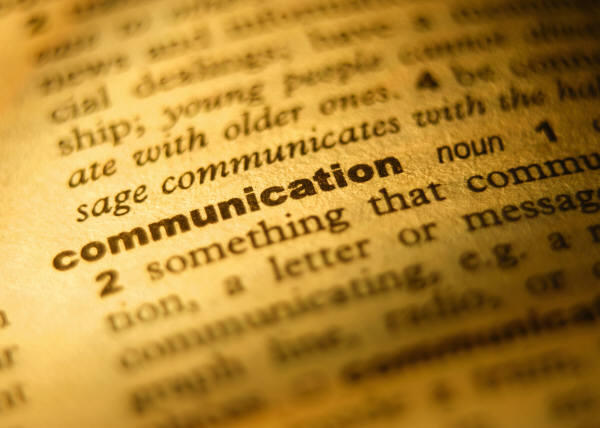Reflecting on the experiences of this semester, I feel that I have vastly improved my communication skills as well as being a better team player; the Problem-solving Project and the CG1102 Programming assignment had provided us with a suitable and effective environment for us to grow and learn. Most importantly, I can now fully understand the possible implications ineffective communication skills can create in a team, and what we as the team members can do to avoid awkward situations. In addition, we also learnt to exercise conflict management in teams, in which we should priortise the goal of the team over personal issues.
In my opinion, I am already applying the principles of effective communication concurrently while learning about it in CG1413.

Taken from http://www.facebook.com/?croperror#!/photo.php?pid=6279&op=3&o=global&view=global&subj=422818325524&id=100000728764367
Being the only Chinese in my group, intercultural differences were already an issue when the team was formed for the Electrical Engineering module, CG1108. I can honestly say that by keeping in mind how dangerous miscommunication can be, I have successfully worked around with my team despite our different cultural backgrounds. Conflicts were reduced to the minimum, and all of us had a great time together working as a team, as we understood fully the consequences of cultural conflicts and the damaging effects on the goal of the team.
Meetings and Presentations
In this module, I have also extensively learnt crucial presentation skills as well as conducting an effective meetings. Thanks to the helpful guidelines given, being a team leader I was able to conduct discussions that achieved desirable results within a reasonable period of time

Our first meeting
Giving a presentation became less of a chore now, as I am better equipped with important skills that I did not realise prior to this module, such as visual aids and body languages.

The first Oral Presentation
I am now more confident than when I first started this module, in terms of speaking well and also taking the initiative to start a conversation. Needless to say, I am now more aware of the important skills that I should acquire prior to a presentation, that is, preparation and plenty of practices.
Writing Skills
Last but not least, writings are also part of communication, as we learnt the usage of wiki in our Problem-solving Project to communicate with team-mates without meeting physically. Also, by adhering to the 7Cs writing guidelines, namely Courtesy, Correctness, Conciseness, Clarity Coherence/Cohesion, Concreteness and Completeness, we are able to interact and understand each other better through reading scripts like meeting minutes and proposals.





